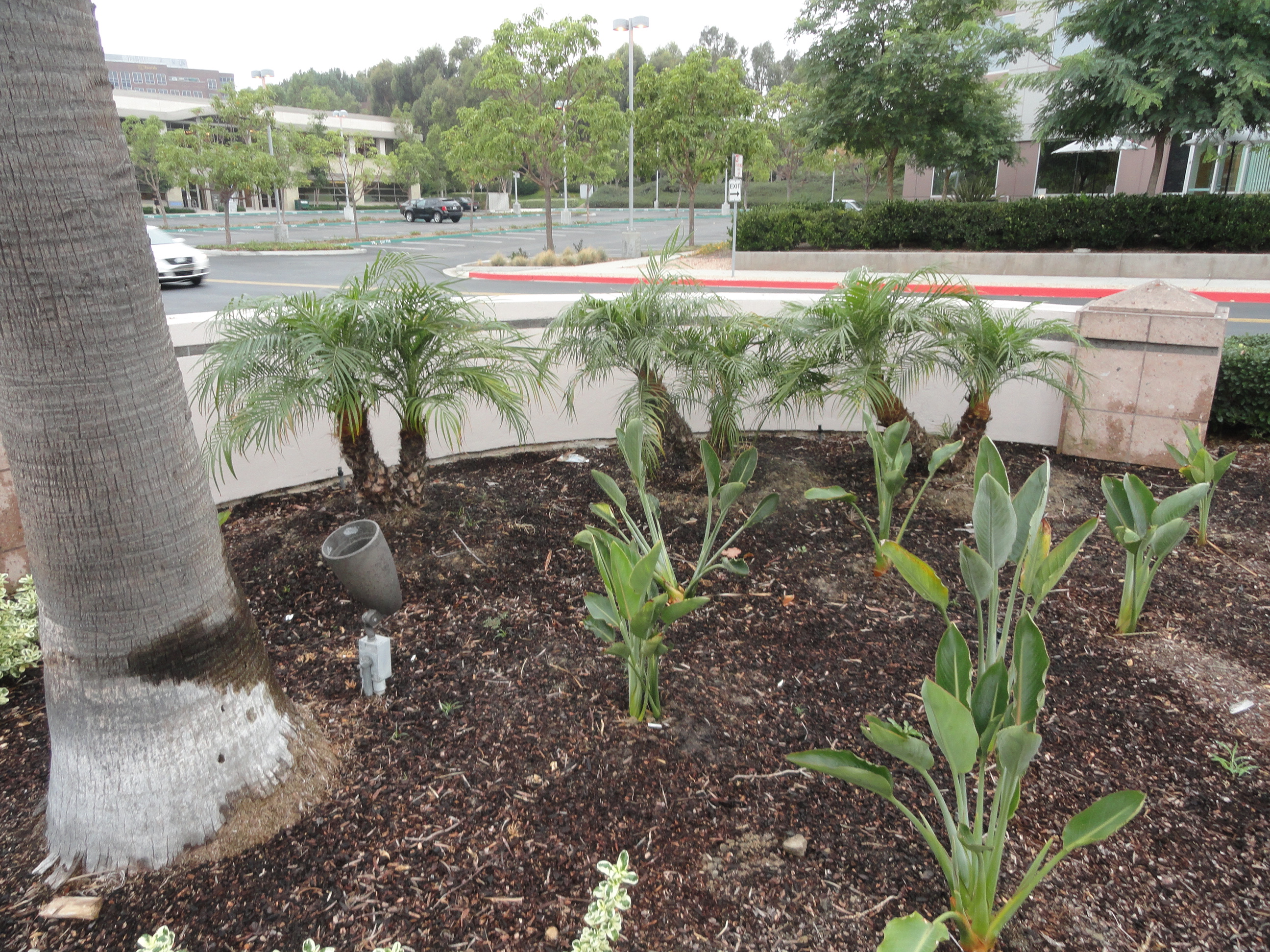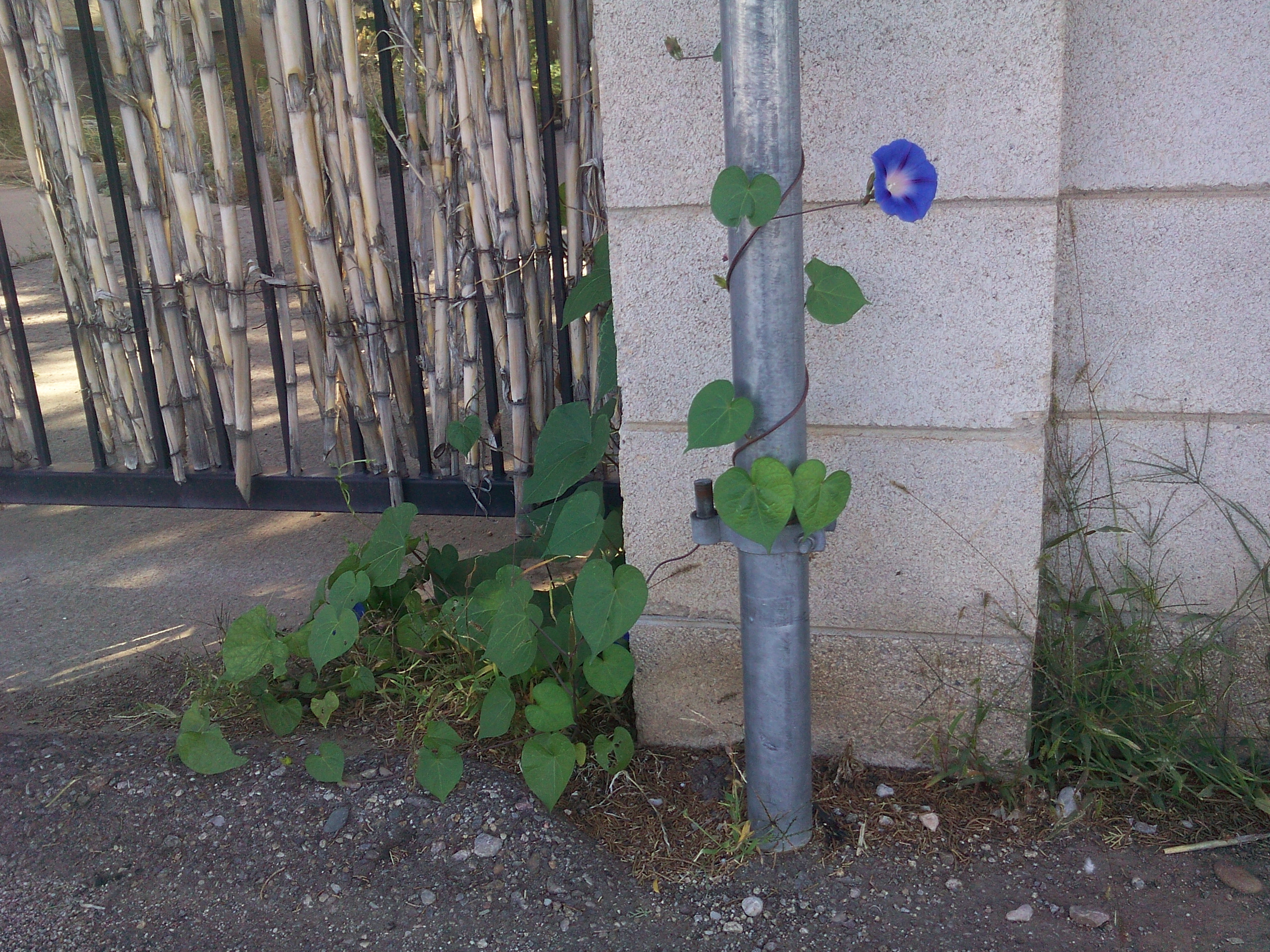
Someone wrote elsewhere, about
Just Add Light and Stir:
I really didn’t like Sandra’s blog, sure there is a lot of useful information, but the “cheerful” tone creeps me out!
A lot of useful information would be sufficient, I think, for a daily blog with over 800 subscribers. But I'm creeping someone out with a "'cheerful' tone"?! First, it's not "cheerful" in quotes, not allegedly cheerful. It actually *is* cheerful.
🙂
Cynicism is poison. It erodes relationships. It saps one's spirit and dissolves faith and hope. I will choose cheeriness over pissiness anytime I can manage to do it, and I hope most of those reading here are able to make that choice too, for the sake of themselves and their families. For their neighbors, for their dogs. For safety while operating motor vehicles and other machinery. For success at work, and joy while grocery shopping.
Negativity sucks. It sucks the possibility of a joyful life directly out of a person, and if it's not stopped, it will spread to others.
Smiles can spread, too, though. Kindness can be contagious. You choose a hundred times a day to smile or to frown, to breathe in joy or to suck in resentment.
Live responsibly, especially while you have children in your home.
SandraDodd.com/negativity
photo by Sandra Dodd, in the alley behind the house
__
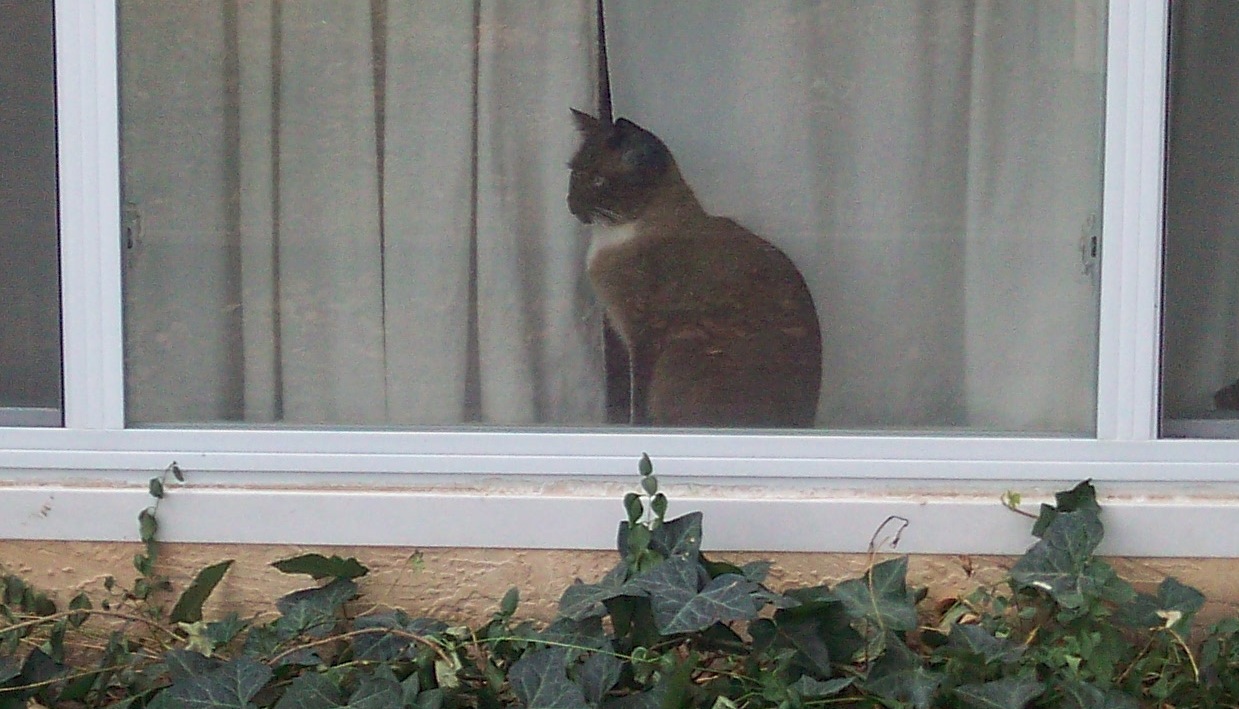
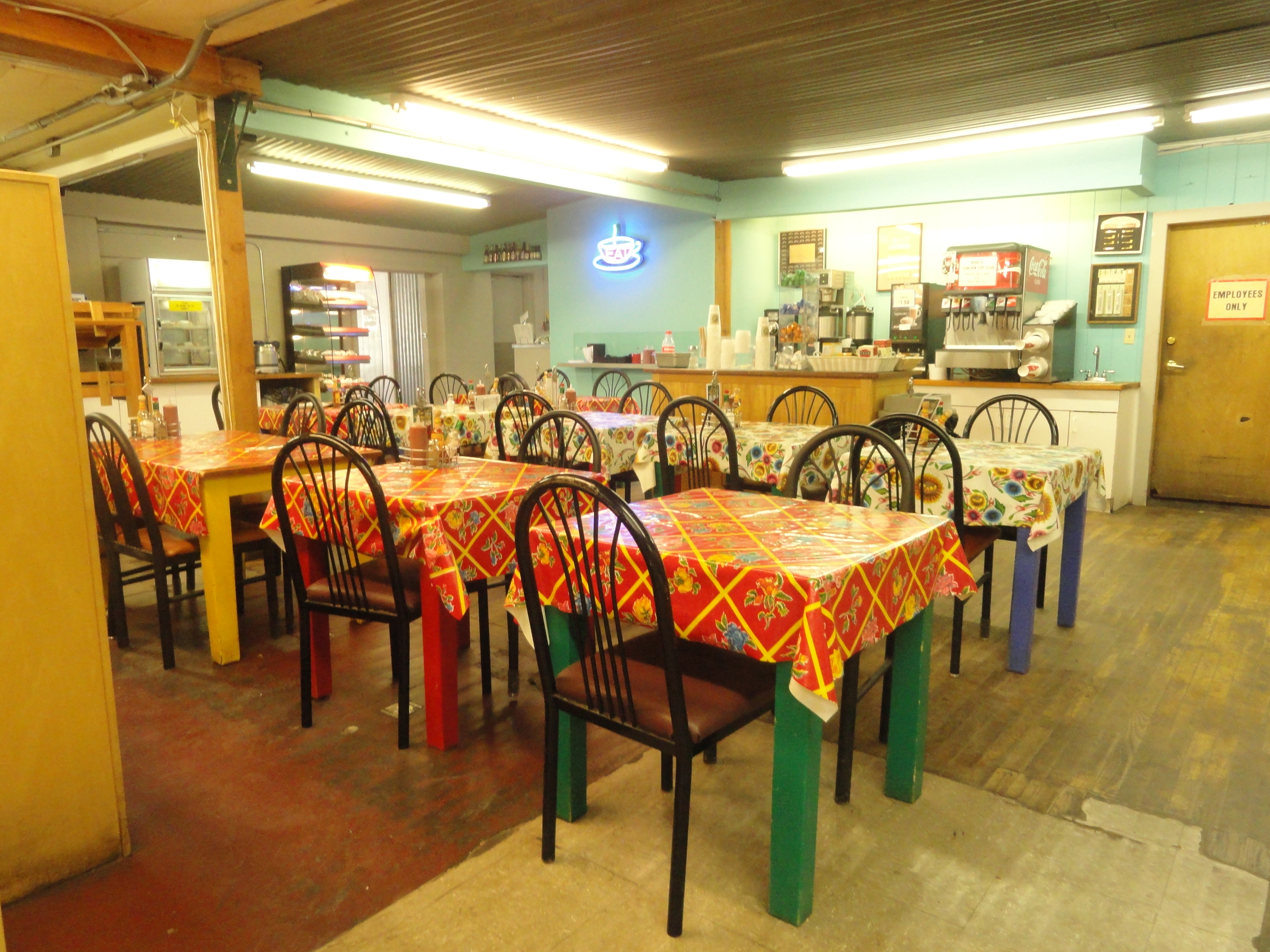





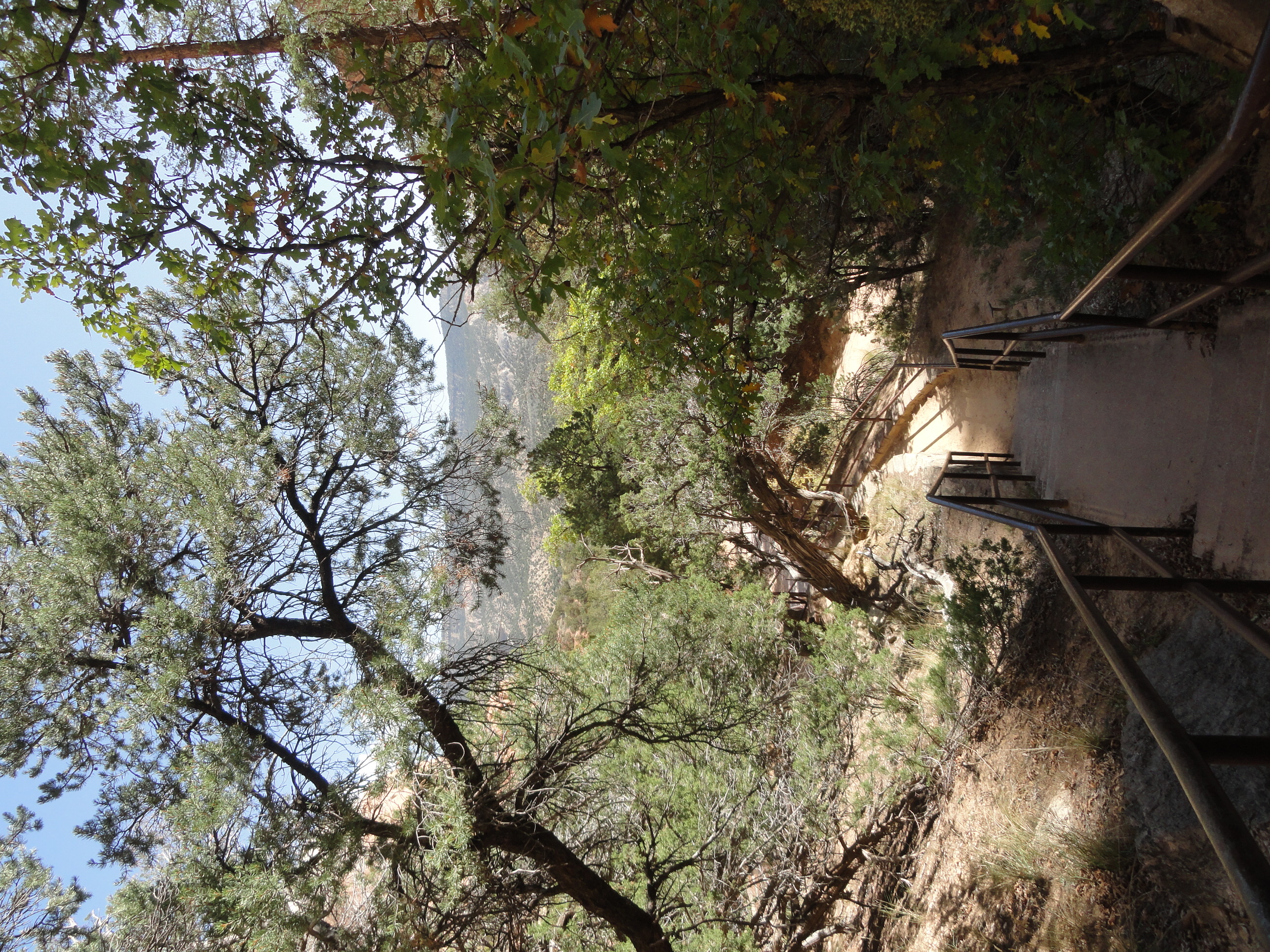






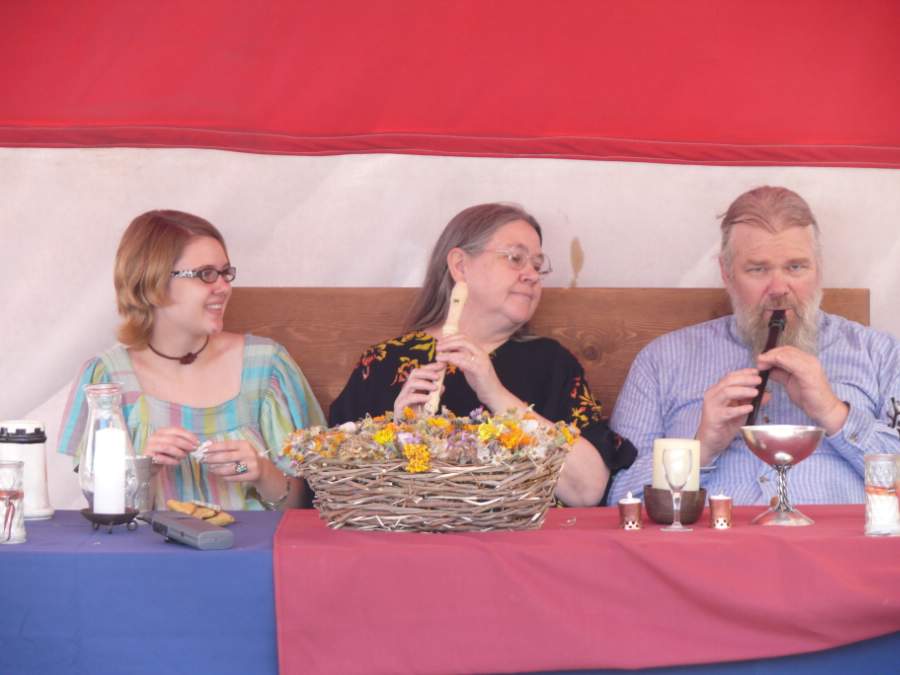


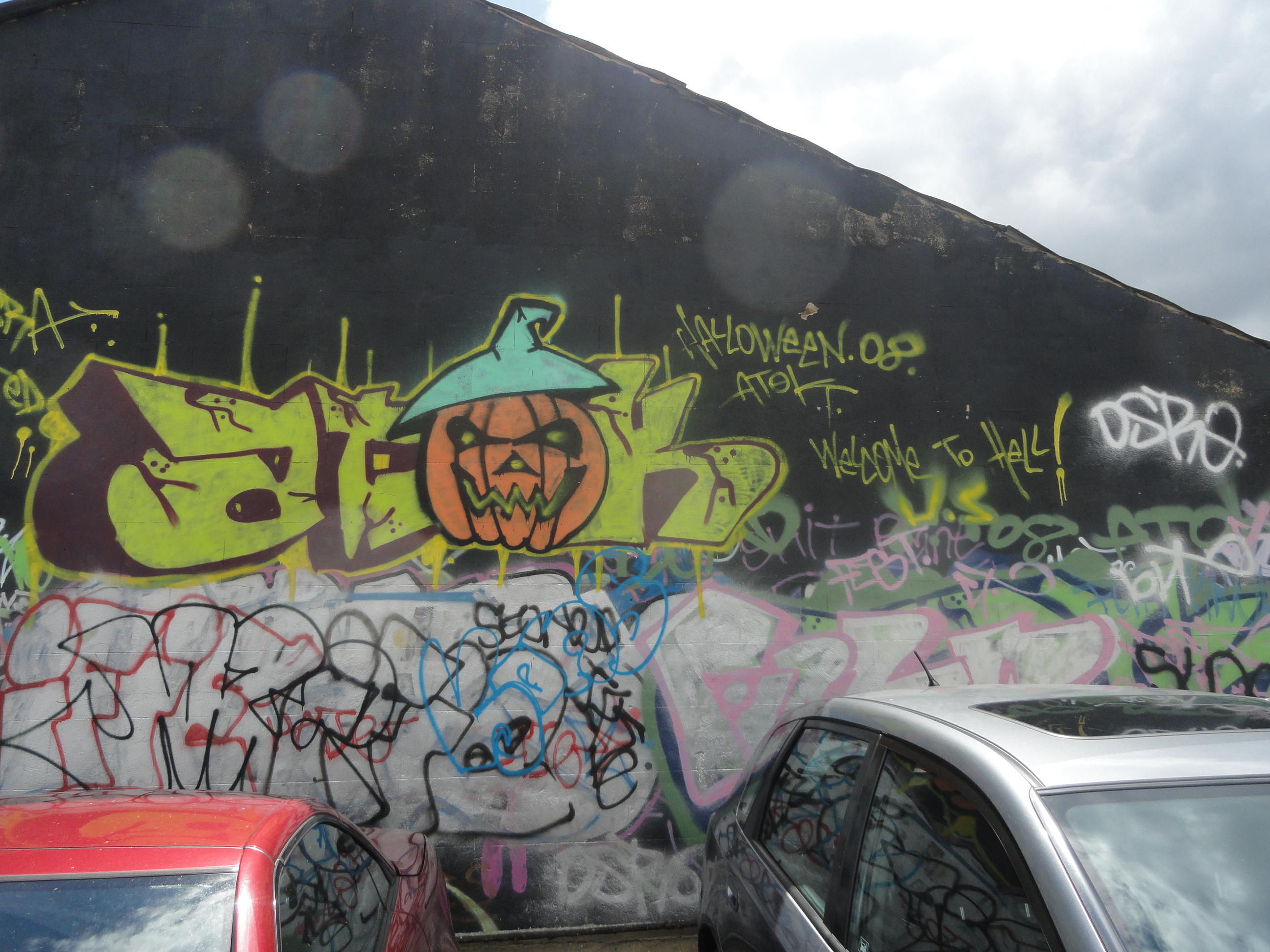


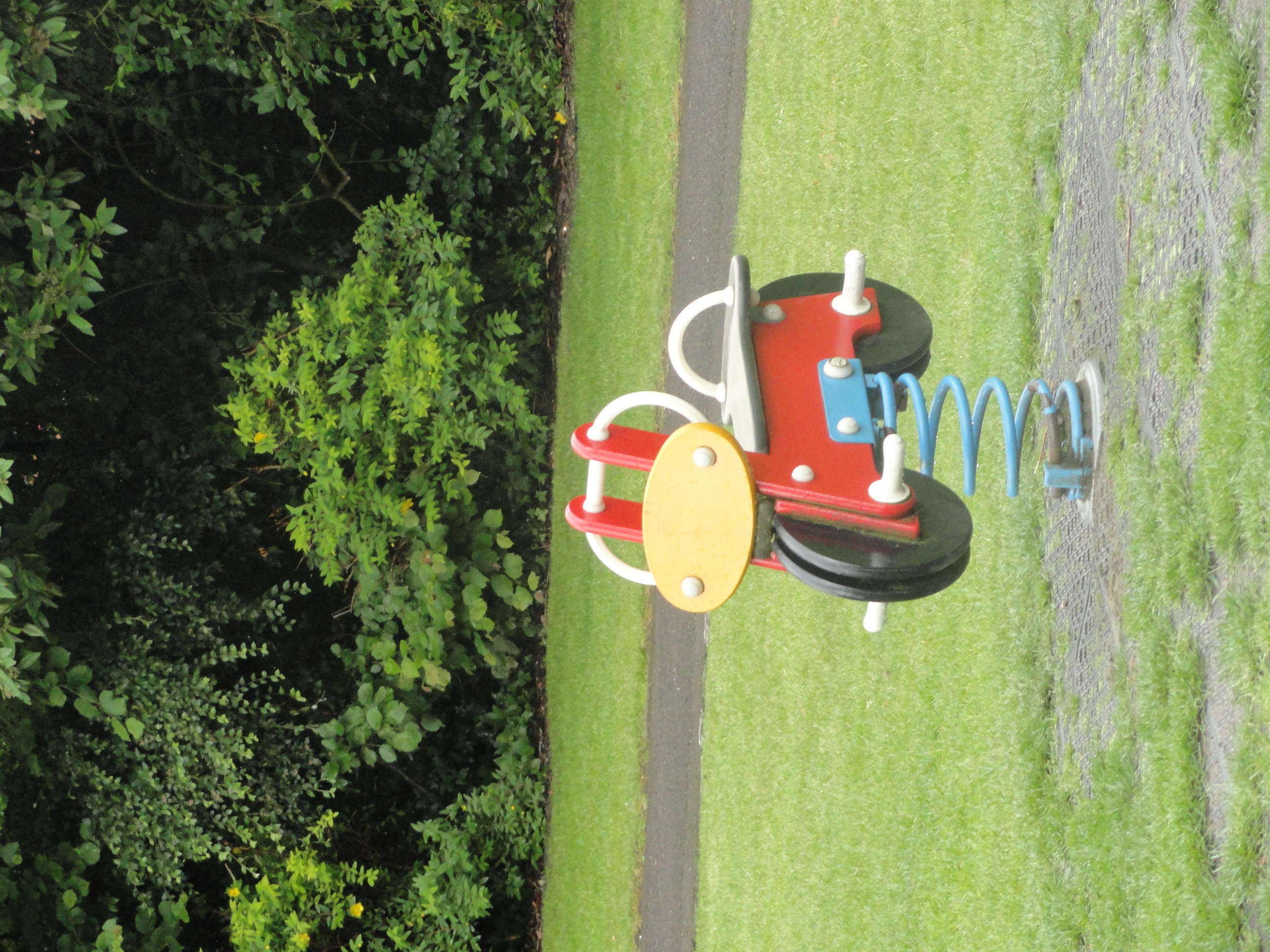


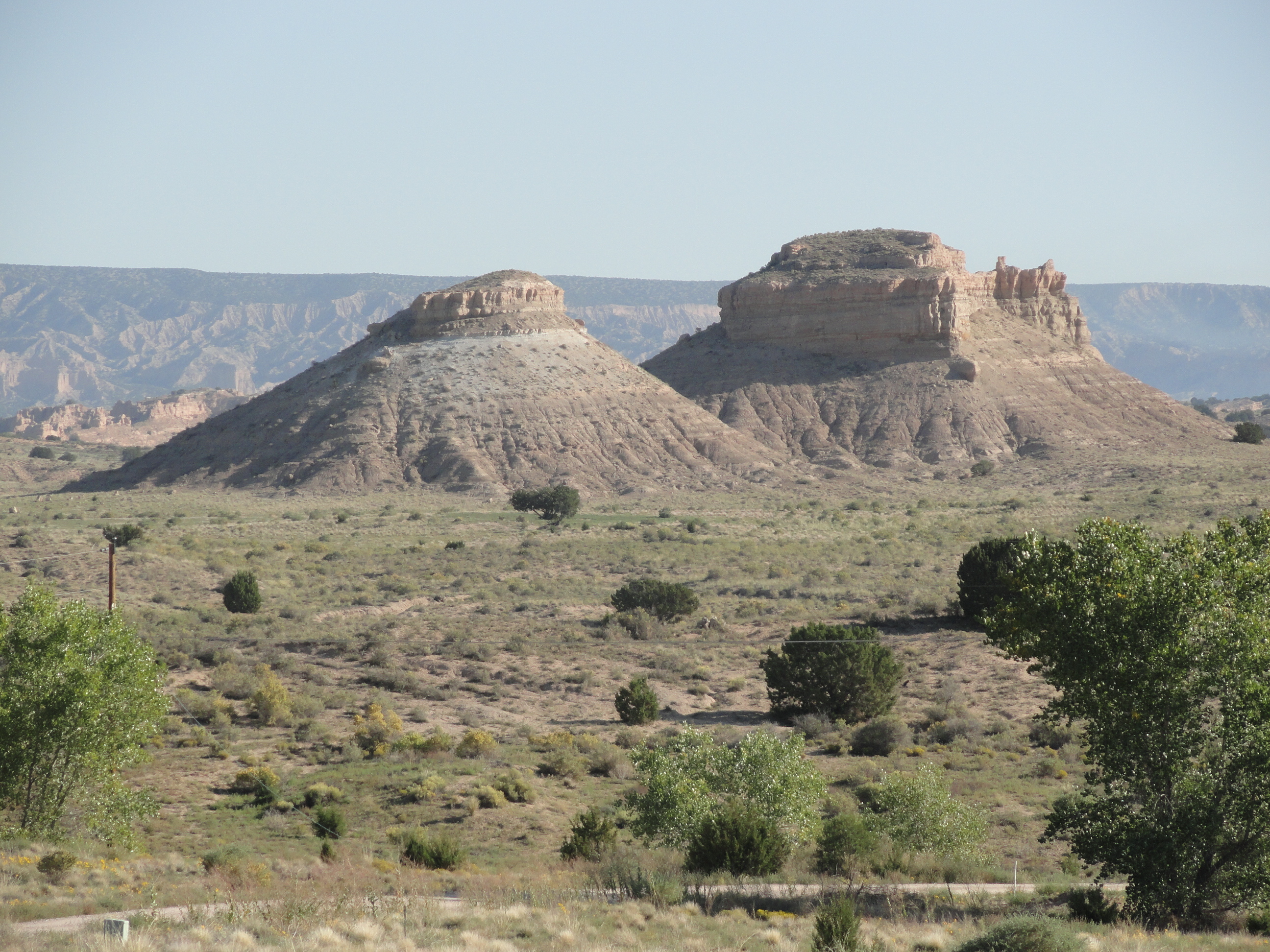
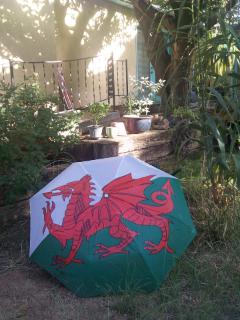
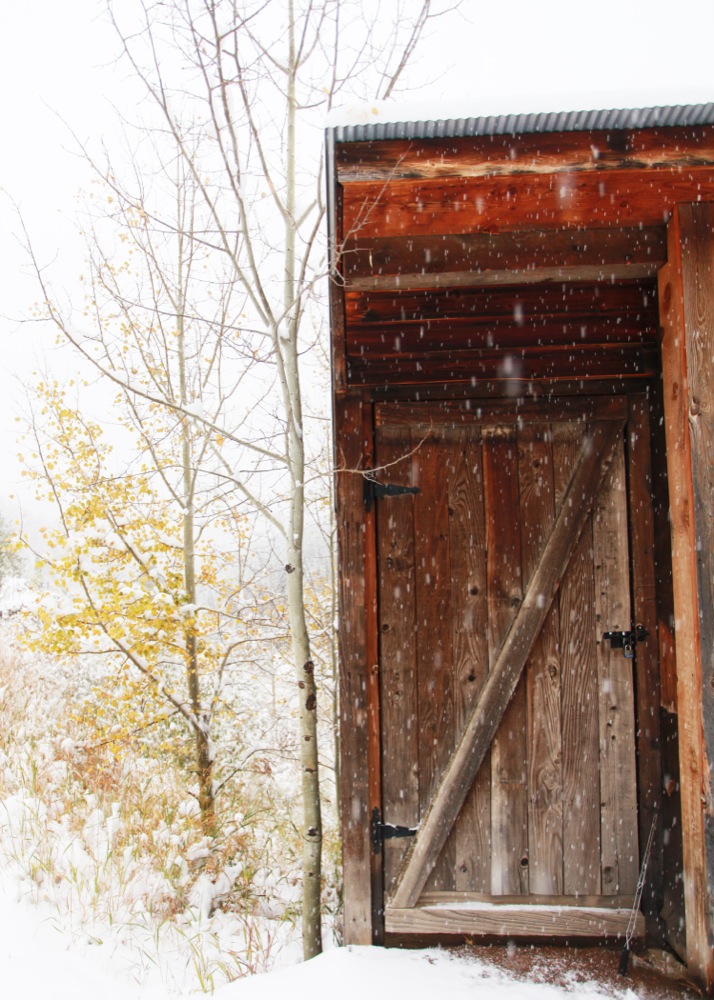


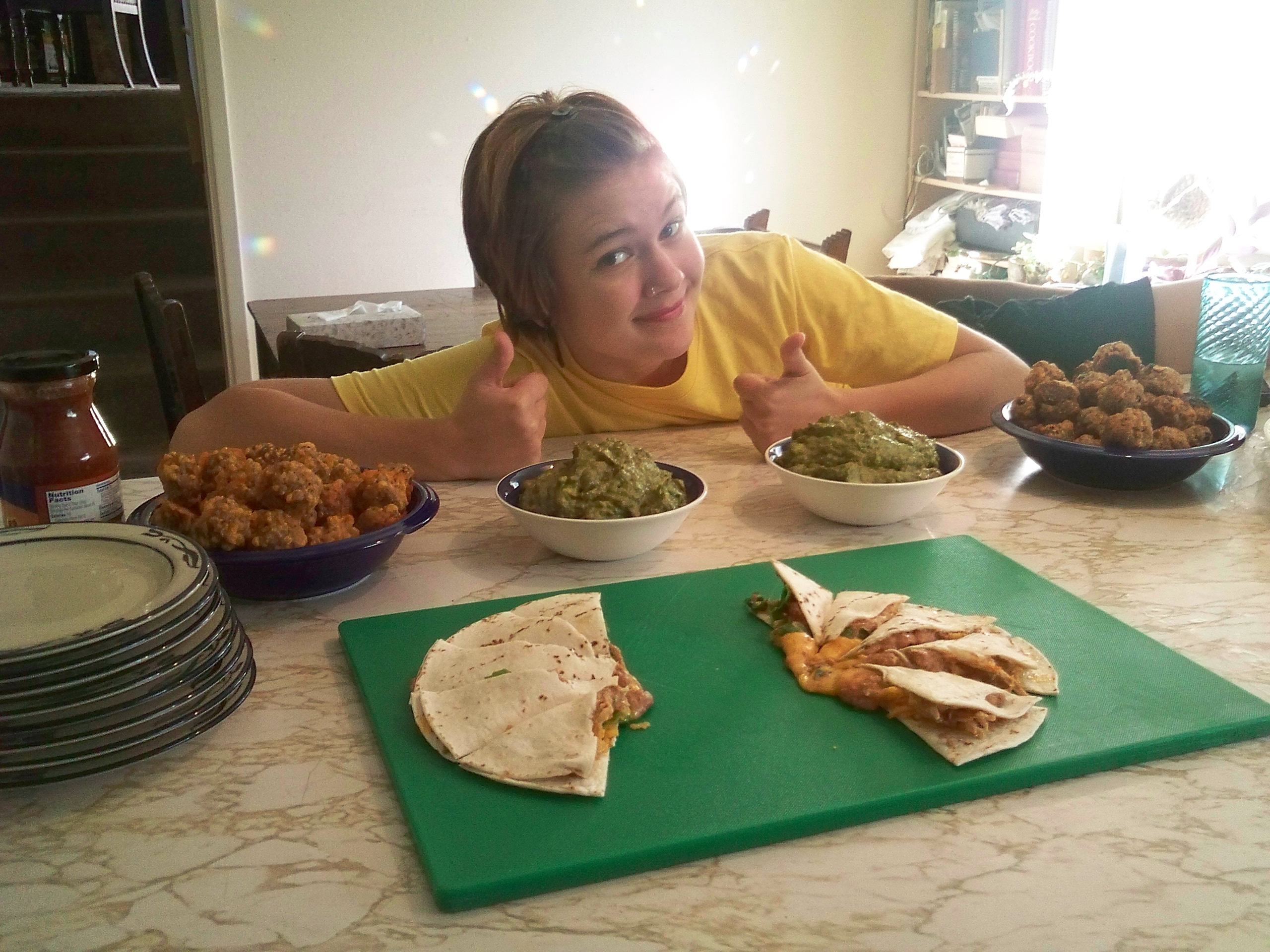

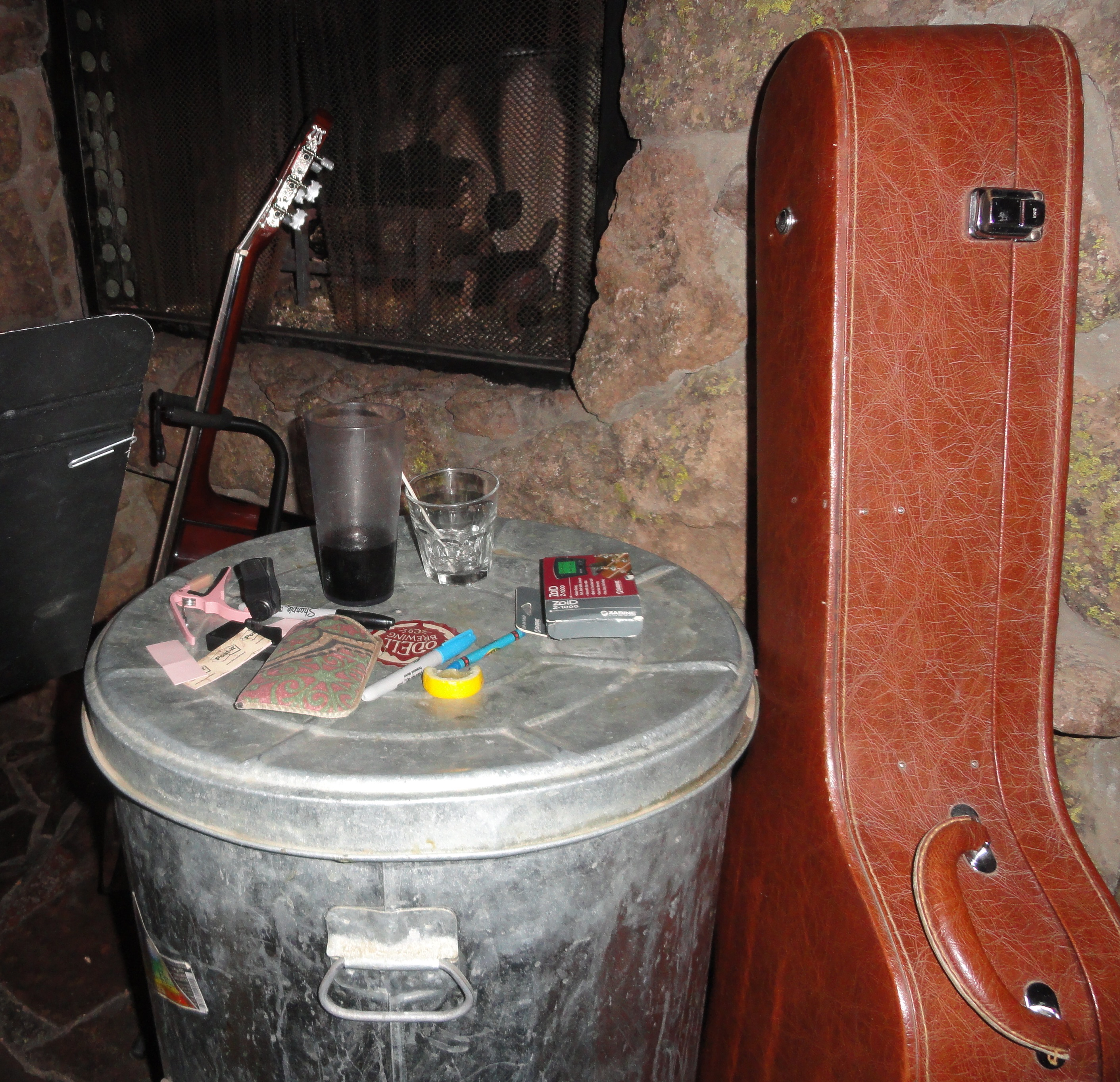

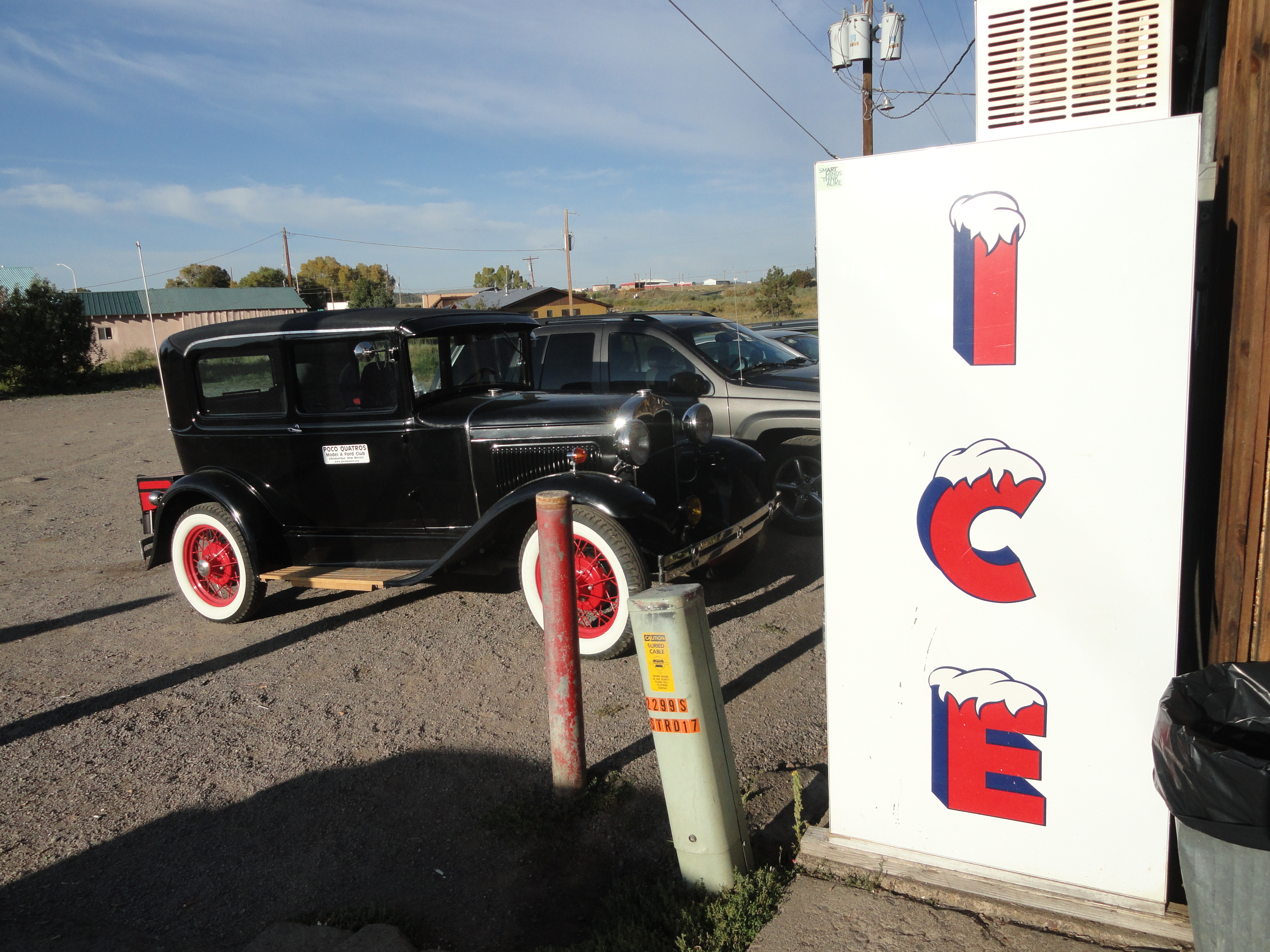
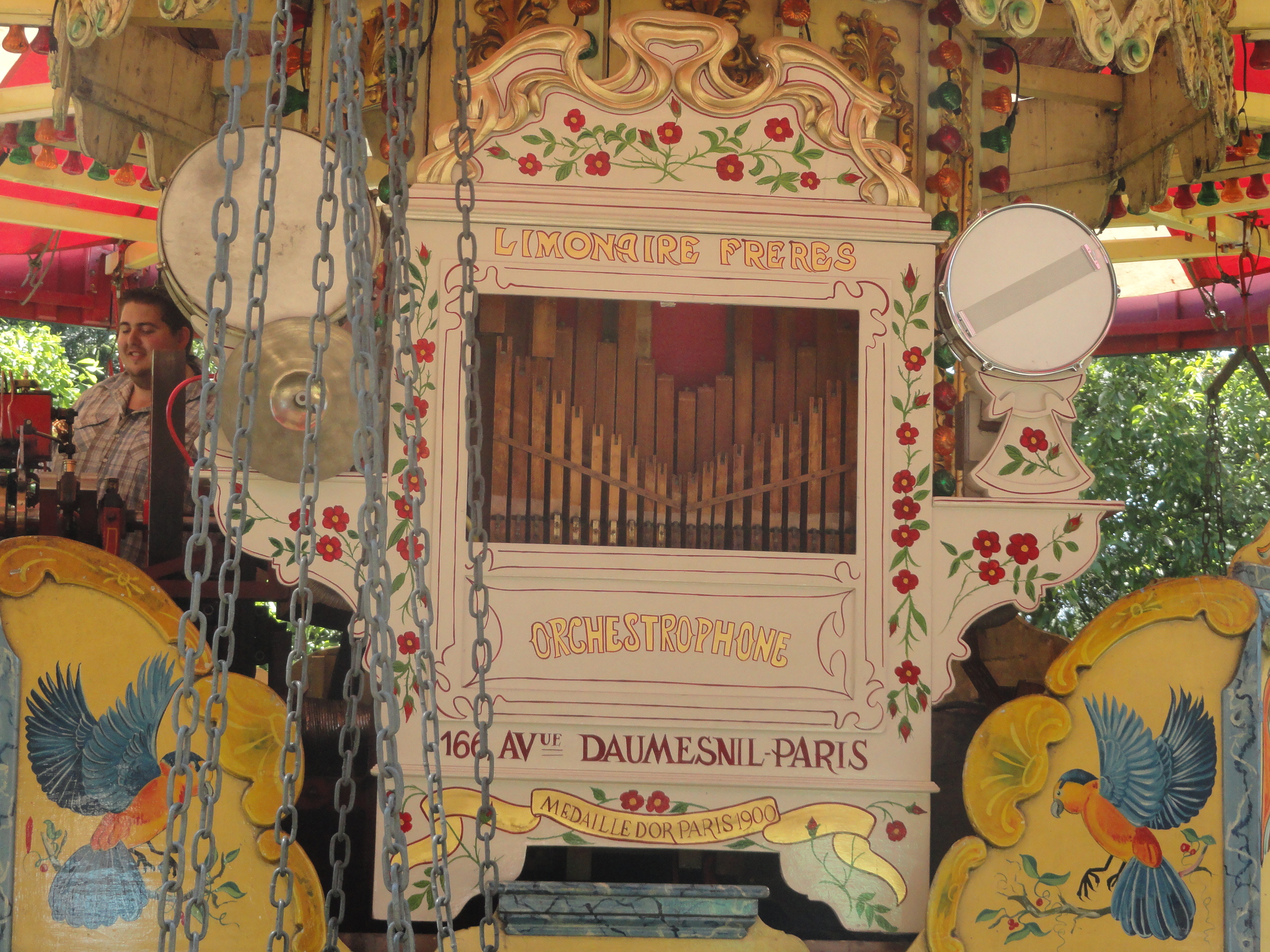
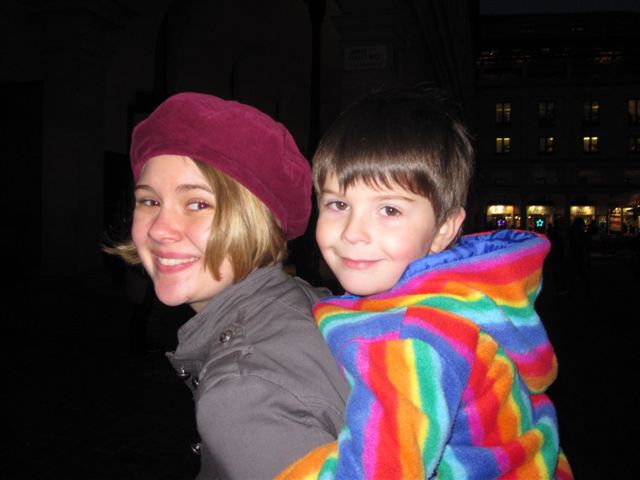




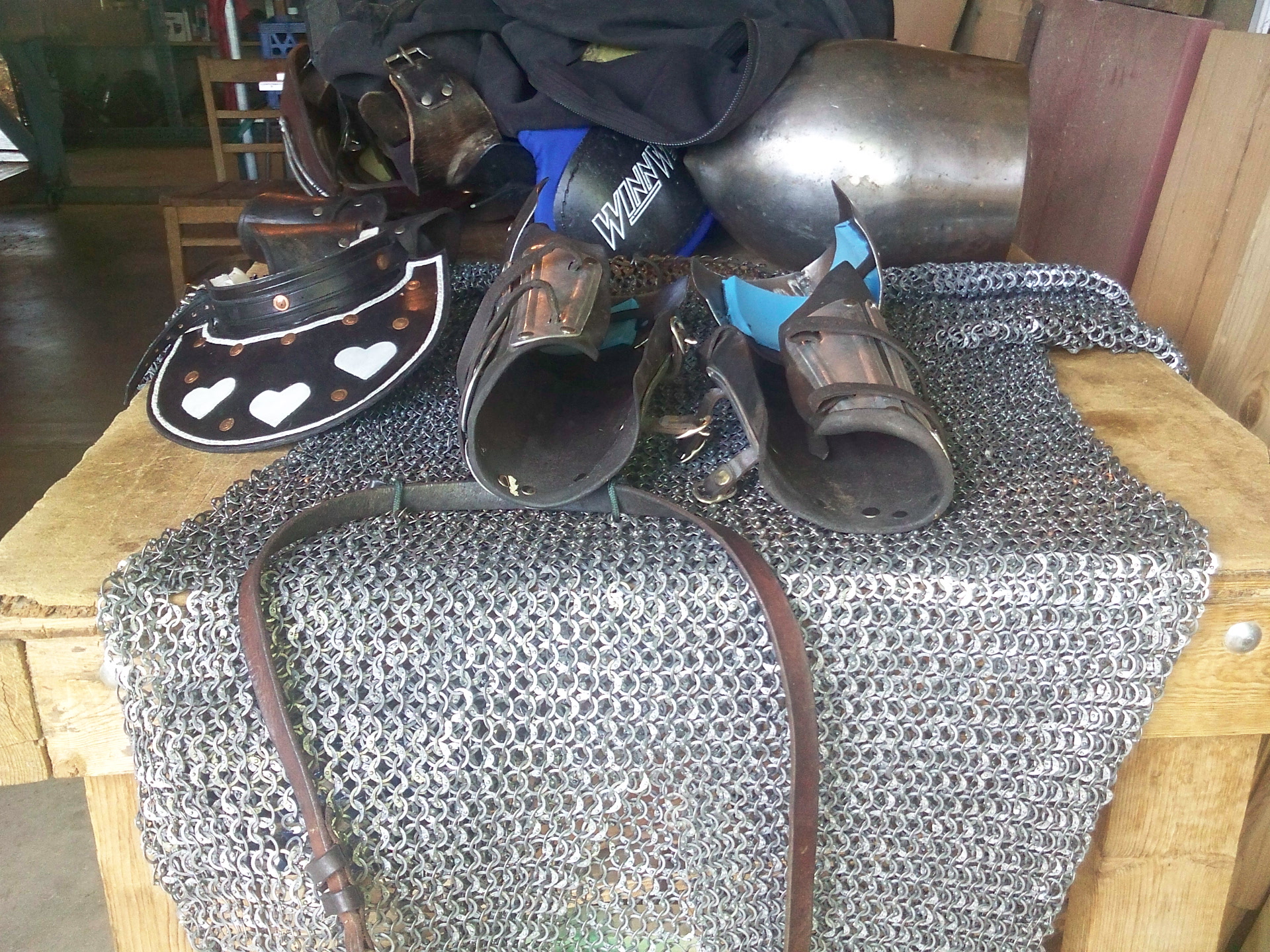


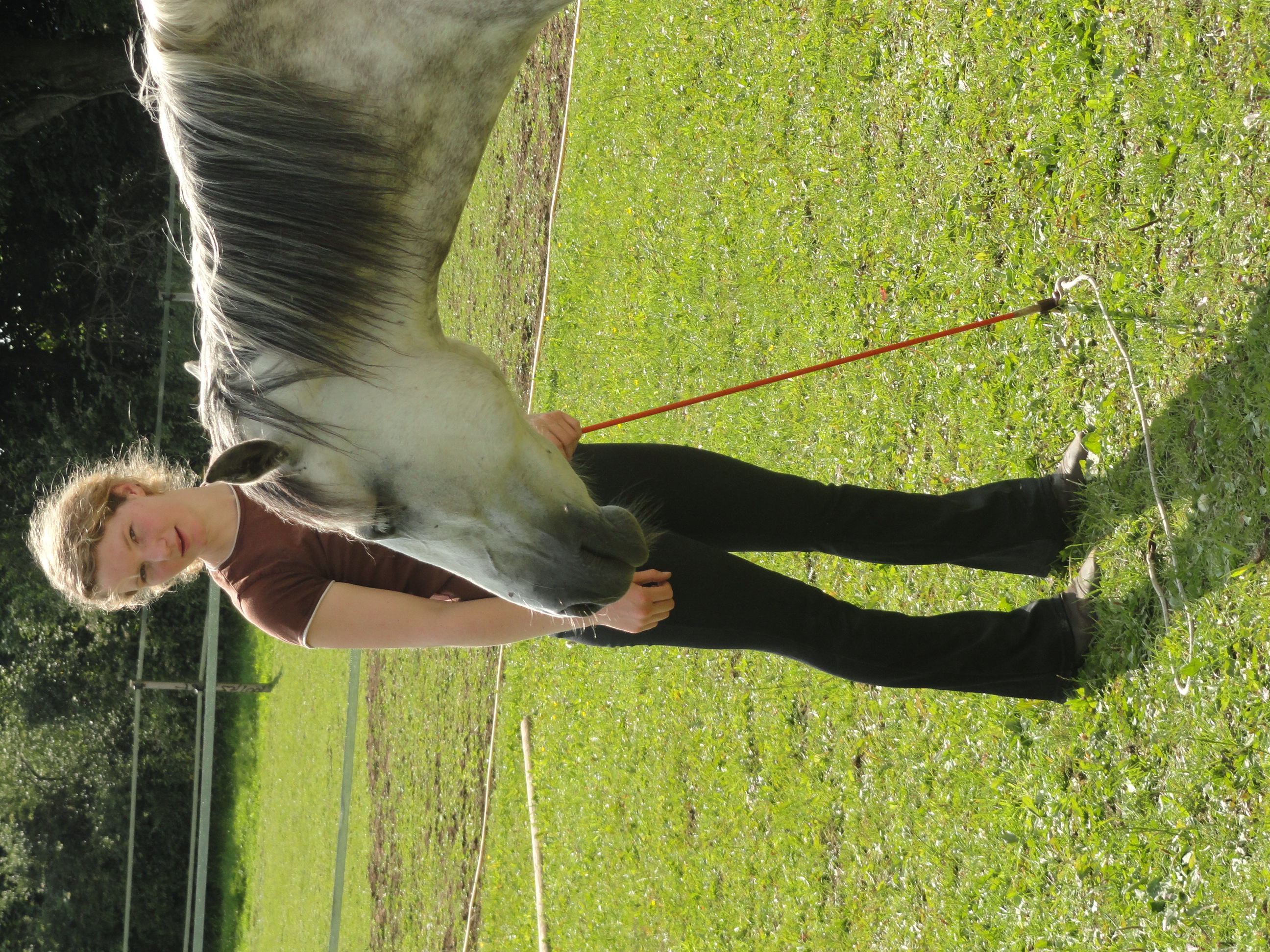

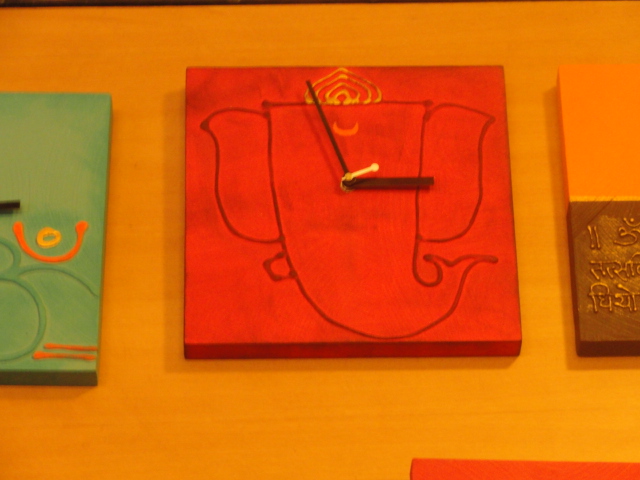 Time can be geological, historical, millenial, generational, eternal or poetic. Current time can involve years, months, seasons, weeks, days, hours, minutes, seconds and subparticles thereof. Time can fly or drag along. It can heal everything or be the enemy. There's no time out from time!
Time can be geological, historical, millenial, generational, eternal or poetic. Current time can involve years, months, seasons, weeks, days, hours, minutes, seconds and subparticles thereof. Time can fly or drag along. It can heal everything or be the enemy. There's no time out from time!

